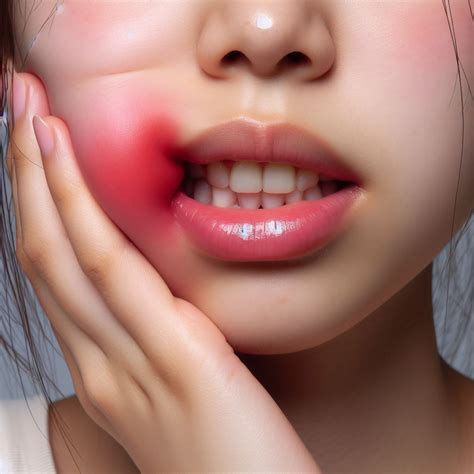Fast Healing: The Key to Cleaning Your Wisdom Tooth Hole
Extracting a wisdom tooth is a common procedure, but the healing process that follows can be surprisingly crucial for preventing complications. Proper cleaning of the extraction site is paramount to ensuring fast and healthy healing. Ignoring this step can lead to a range of problems, from dry socket (a painful condition) to infection. This guide provides a comprehensive overview of how to clean your wisdom tooth hole for optimal healing.
What Happens After Wisdom Tooth Extraction?
Following a wisdom tooth extraction, your mouth will naturally begin the healing process. A blood clot forms in the extraction socket, acting as a protective barrier and foundation for new bone and tissue growth. This clot is essential for healthy healing, and dislodging it can lead to significant complications. The initial few days are marked by swelling, some bleeding, and potential discomfort.
How Soon Can I Start Cleaning?
You'll want to avoid vigorous rinsing or brushing in the immediate aftermath of your extraction. Your dentist or oral surgeon will provide specific instructions, but generally, gentle cleaning can begin 24 hours post-surgery. Before this time, any disturbance could dislodge the vital blood clot.
What's the Best Way to Clean My Wisdom Tooth Hole?
The key is gentle cleansing. Avoid anything abrasive that could irritate the delicate tissues and risk dislodging the clot. Here's a step-by-step guide:
-
Saltwater Rinse: This is often recommended as the primary method of cleaning. Mix 1/2 to 3/4 teaspoon of salt in 8 ounces of warm water. Gently swish the solution around your mouth, being careful to avoid sucking the solution directly into the extraction site. Repeat this several times a day.
-
Gentle Brushing: Once the initial 24-hour period is over, use a soft-bristled toothbrush to gently brush your teeth, avoiding the extraction site as much as possible. Focus on cleaning the surrounding areas to prevent the spread of bacteria.
-
Avoid Irritants: Refrain from using mouthwashes containing alcohol or harsh chemicals, as these can further irritate the wound. Avoid smoking and consuming hot or spicy foods, which can hinder healing.
-
Proper Diet: Stick to a soft food diet in the initial days to minimize trauma to the area. This aids in promoting healing and reduces the risk of interfering with the blood clot.
What Are the Signs of Infection?
While proper cleaning significantly reduces the risk, it's important to be aware of signs of infection. These include:
- Increased pain and swelling: Pain beyond the initial post-operative discomfort.
- Fever: A sudden spike in body temperature.
- Bad breath: Persistent unpleasant odor from your mouth.
- Pus or discharge: Noticeable foul-smelling fluid around the extraction site.
- Redness and swelling: Extensive redness and swelling extending beyond the immediate area.
If you experience any of these symptoms, contact your dentist or oral surgeon immediately. Prompt treatment is crucial to prevent serious complications.
How Long Does it Take to Heal?
The healing time varies depending on individual factors, but most wisdom tooth extraction sites heal within a few weeks. You might notice some discomfort for a week or two, but significant healing should be evident within a month. Your dentist will provide a more specific timeline during your post-operative check-up.
Can I use a Waterpik?
Using a Waterpik after a wisdom tooth extraction can be beneficial, but proceed cautiously. Direct the stream of water away from the extraction site, focusing on the surrounding teeth. Low pressure settings are recommended and begin using only after consulting your dentist and well past the initial 24-hour healing period. Do not use this device immediately after surgery.
What about Dry Socket?
Dry socket occurs when the blood clot dislodges from the extraction site, exposing the underlying bone and nerve endings. It’s incredibly painful. Proper cleaning helps prevent this, but if you experience severe pain, especially days after the extraction, seek immediate medical attention.
By following these cleaning guidelines and paying close attention to your body, you can significantly improve your chances of experiencing a fast and complication-free healing process after wisdom tooth extraction. Remember, consulting your dentist or oral surgeon remains crucial for personalized advice and care.

